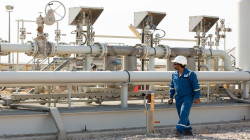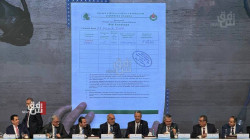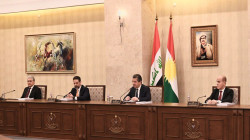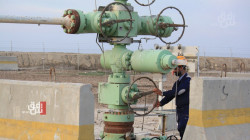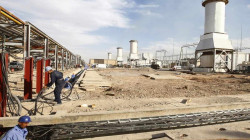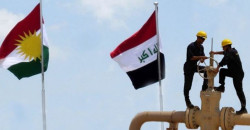Turkiye bets big on Iraqi oil with new pipeline project
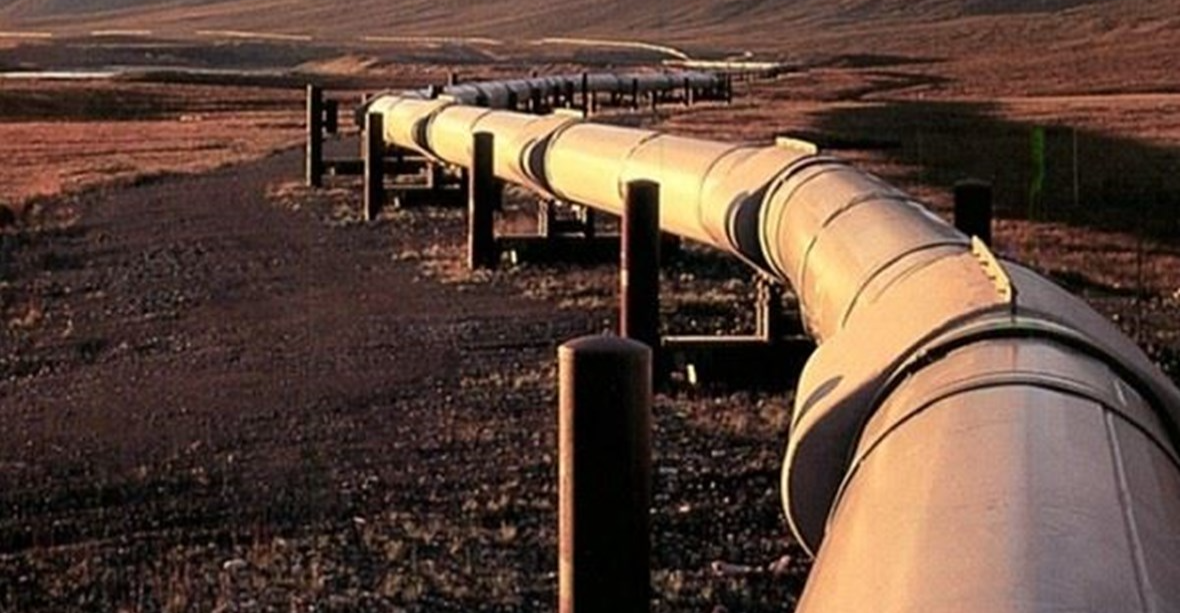
Shafaq News/ Turkiye has unveiled a plan to construct new oil and gas pipelines linking Iraq’s Basra region to the Mediterranean port of Ceyhan, Turkish Energy Minister Alparslan Bayraktar told S&P Global Commodity Insights.
The proposed network would link Basra to Haditha and continue to Silopi in southern Turkiye, largely bypassing Iraq’s Kurdistan Region. The project is part of the broader Development Road initiative aimed at connecting Asia and Europe through Iraq.
Bayraktar revealed that a “principal agreement” had been reached with Iraq to move forward with the pipeline projects and a new electricity transmission line, noting, “We can finalize the studies soon and enter into an energy framework agreement with Iraq in the upcoming months.”
The planned route would connect with a 2.25 million barrel-per-day pipeline between Basra and Haditha approved by the Iraqi cabinet in January. While that decision sparked fears of reviving a long-shelved Jordanian route, Bayraktar emphasized that Turkiye’s alternative alignment avoids Jordan entirely, S&P Global Commodity Insights pointed out.
“Basra–Silopi expansion is quite important for Iraq for sustainable crude oil export [that would give Iraq] an alternative route and easy access to the Mediterranean markets,” Bayraktar said.
An existing pipeline from Silopi to Ceyhan is already operational but remains underutilized. “Without connecting the Basrah fields, we cannot reach 1.5 million b/d throughput in the Silopi–Ceyhan Pipeline,” Bayraktar noted.
Tensions remain between Baghdad and Ankara over a dormant pipeline linking the two countries. Negotiations to reopen the Iraq–Turkiye pipeline, which has been closed for over two years, are ongoing. The Iraqi oil ministry has accused Turkiye of breaching pipeline agreements after crude was discovered flowing through the system.
Bayraktar told Platts, part of S&P Global, that prior to the incident, the dispute was considered an internal Iraqi matter, confirming that Turkiye “has no intention to involve [itself] in the discussions concerning the resuming crude oil flow,” and insisted that resolving the dispute is “not a prerequisite” for new projects.
On natural gas, Bayraktar revealed that Turkiye’s transmission system already reaches the Iraqi border and can move up to five billion cubic meters annually in both directions, unveiling Ankara’s plans to supply Iraq with gas for electricity generation until its domestic fields are developed.
A gas line from Silopi to Ceyhan is also in the planning stage, according to S&P Global Commodity Insights. In the longer term, Iraq could export gas through Turkiye to other markets, generating significant transit revenue. The shutdown of the Iraq–Turkiye pipeline alone has cost Turkiye as much as $1 billion, according to industry estimates cited by Platts.
While Iraq holds substantial gas reserves, much of its production is still flared. The government aims to end gas flaring by 2028, but S&P Global disclosed that nearly all of Iraq’s annual consumption was flared in 2023.
As part of the broader energy cooperation, Turkiye also intends to double electricity exports to Iraq and build a second power transmission line between the two countries. The initiative follows Bayraktar’s visit to Baghdad in mid-March after the US ended waivers allowing Iraq to import electricity from Iran.
Iranian gas remains a key concern, supplying around 30% of Iraq’s power generation. With US pressure on Tehran intensifying, Baghdad is seeking alternative energy sources. “We proposed to our Iraqi counterparts the idea that we should extend this project with crude oil, natural gas, and electricity lines,” Bayraktar stated.
The $17.9 billion Development Road project has drawn criticism for bypassing the Kurdistan Region. A spokesperson for the KRG told Platts, “We are doing all our best so [the road] crosses Kurdistan as well,” arguing the inclusion would lower costs and reduce construction time.
Despite support from regional and international actors, including Qatar, the UAE, the World Bank, and the EU, security threats remain a concern. Kurdish PKK militants and Iran-backed groups have sabotaged infrastructure in the past, particularly near the Grand Al-Faw Port, the southern anchor of the Development Road, which is set for completion in 2028.
“Geopolitical developments and the economic bottleneck that Iraq is in are the most important risk factors,” said Atlantic Council fellow Eser Ozdil, adding that the project could succeed with sufficient political and financial backing.
